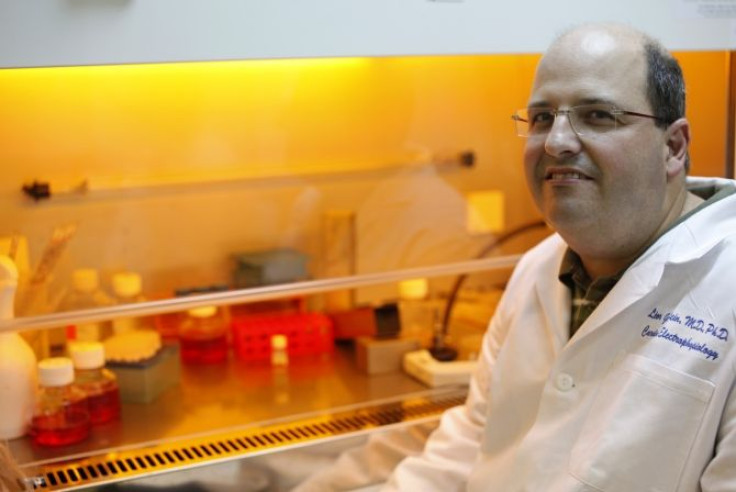Skin Cells Turned into Heart Muscle Cells Can Fix Damaged Heart

Researchers say that they can reprogram skin cells into heart muscle cells and that these cells are functional and can integrate into heart.
Using patient’s own cells while regenerating heart muscle cells would mean that the body wouldn’t reject them and these cells could blend in the original heart and continue the normal rhythm.
"What was interesting was the cells could integrate with the rat tissue and contract in synchrony. If you put the cells in and they beat with a completely different timing, you wouldn't see any improvement in heart function and may even cause a dangerous arrhythmia," said Lior Gepstein, the lead researcher, reports Guardian.
This “novel source” has the potential to be the next big thing in the field of cardiac regenerative medicine.
The research team took skin cells from two heart failure patients (aged 51 and 61) and mixed them up with genes (Sox2, Klf4 and Oct4) and a molecule of valproic acid. As an alternative method, the researchers used a virus that delivered the reprogramming information to the nucleus of the skin cell.
The cells were able to differentiate and become cardiomyocytes or heart muscle cells and then into muscle tissue. The new heart tissue was then grown together with existing cardiac tissue. In a span of 24-48 hours they were able to function along with the existing tissue.
“What is new and exciting about our research is that we have shown that it’s possible to take skin cells from an elderly patient with advanced heart failure and end up with his own beating cells in a laboratory dish that are healthy and young - the equivalent to the stage of his heart cells when he was just born,” said Gepstein to BBC.
The researchers however warn that the clinical trials could take decades.
This is an important step toward developing new treatment for over 750,000 people in the UK struggling to live their lives with heart failure. However, we still have a way to go before these findings could be applied in the clinic,” said Dr. Mike Knapton, Associate Medical Director at the British Heart Foundation, to Daily Mail.
“This is a very promising area of study, that’s why we are investing heavily in similar research as it could help us literally ‘mend broken hearts’,” he added.
The study is published in European Heart Journal.



























